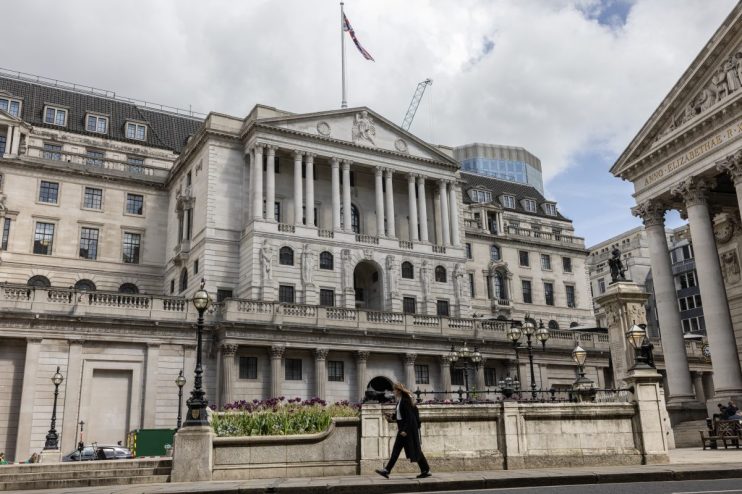Risk of high inflation ‘clearly more costly’ than squeezing demand, Bank MPC member warns

The risk of inflation remaining high is “clearly more costly” than the possibility that higher interest rates will quash demand, according to a member of the Monetary Policy Committee (MPC).
In her first speech as a member of the MPC, Sarah Breeden set out two scenarios relevant for monetary policy makers, one in which inflation fell fast due to weak demand and another where it remained stubbornly high.
“The high inflation scenario would be clearly the more costly scenario – and it is therefore the most important scenario to lean against when we are setting monetary policy,” Breeden argued.
In the high inflation scenario, which was not an official forecast, it remained above four per cent until 2025 forcing the Bank Rate to climb to seven per cent.
She outlined a range of problems that arose from high inflation, such as denting business investment and hiring, which in turn depresses the productive capacity of the economy.
Poorer households tend to be hit harder by inflation while it can also increase the risk of “unexpected distributions” of income and wealth, she continued.
Reflecting her concerns about stubborn inflation, Breeden said “our job isn’t done” on bringing inflation down to the two per cent target.
“Given what we know now, I can say that it will be important for monetary policy to be restrictive for an extended period in order to return inflation sustainably to the two per cent target in the medium-term,” she said.
Her comments are the latest attempt from Bank officials to push back against market expectations that rate cuts will begin before next summer.
Yesterday Ben Broadbent said he wanted to see “further evidence” of easing wage growth before backing cuts while last week Andrew Bailey stressed it was “really too early to start speculating about cutting interest rates“.
Traders will get further information on the fight against inflation when CPI figures for November are released tomorrow morning.
Last month saw the largest monthly fall in inflation since 1992, bringing the headline rate to 4.6 per cent. Markets expect a further fall, albeit much smaller, leaving it at 4.4 per cent.